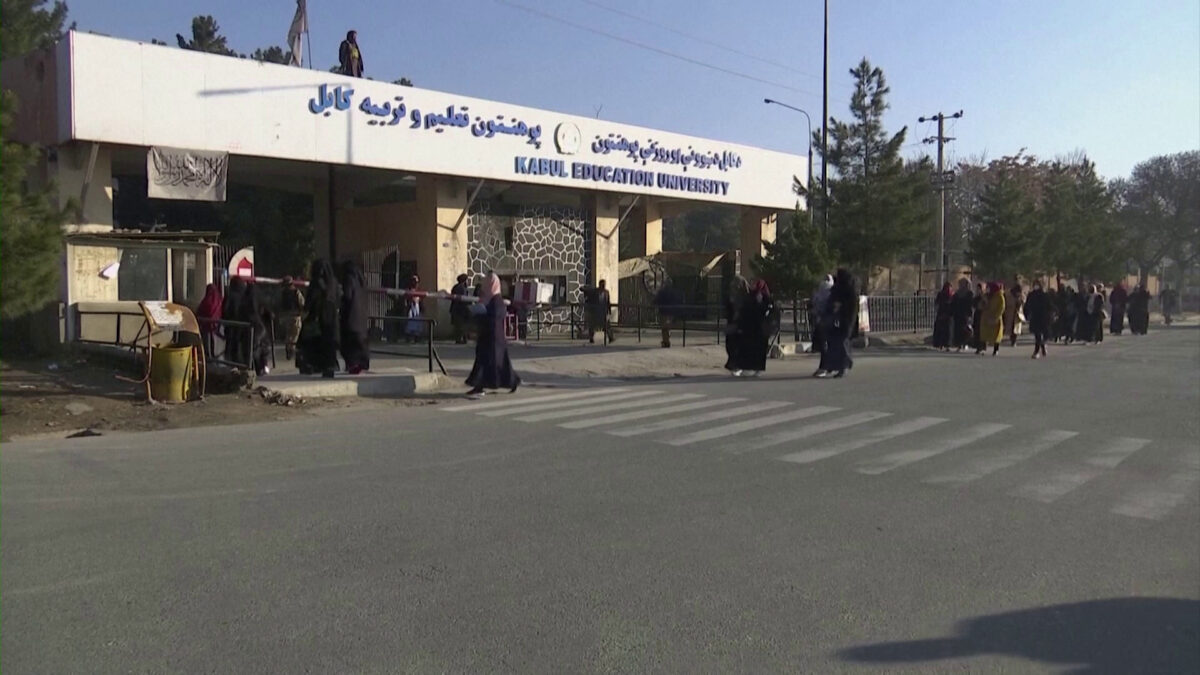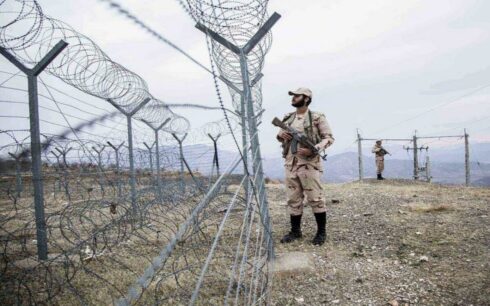The Taliban’s ban on women’s education could lead to the closure of private universities and other educational institutions across the country, the Union of Afghan Universities and Private Higher Education Institutions warned Monday.
Reacting to Saturday’s order by the Taliban, banning girls from taking next month’s university entrance exam, the union stated that this decision could lead to bankruptcy for many private universities and that the owners of these institutions could well transfer all their assets abroad.
Mohammad Karim Naseri, head of public relations for the union, told Amu TV that as many as 70,000 women and girls had been enrolled at private universities across the country when the ban came into effect late last year. These women have all been forced to stay at home.
“If the situation continues this way, and that the 70,000 female students who are now deprived of education, until further notice, do not get access to universities again and grounds for the reopening of universities are not provided, it would have a negative effect on our work and many universities might close down,” Naseri said.
Many universities are however girls-only institutions and the staff are all women. However, not even these universities are currently operational.
Azizullah, the head of one private university, said that the ban, issued Saturday, on girls writing the university entrance exam (Kankor), will lead to the closure of some universities.
“Banning or prohibiting the process of registering women for the Kankor exam means we have to close our center. We have no male students and all our educational services are for female students. All our employees and students are women. The environment is completely Islamic and according to Sharia. There is no problem with this,” Azizullah said.
“Unfortunately, such decisions will cause us to lose approximately $5.5 million of our assets if we are forced to close the center, which is an irreparable catastrophe,” he added.
Meanwhile, the Organization of Islamic Cooperation (OIC) has expressed its “disappointment” over the Taliban’s decision to ban female students from taking the exam this year.
The OIC said in a statement that it urges “the de facto authorities to reconsider this latest decision and earlier similar edicts for the sake of shunning the academic exclusion of girls and women and its far-reaching social and economic ramifications.”
The Union of Universities and Private Higher Education Institutions said that more than 140 private universities and educational institutions provide higher education across the country, which provides jobs for about 25,000. Following the latest ban, around 6,000 employees and academic staff across the country have lost their jobs, the union said.





